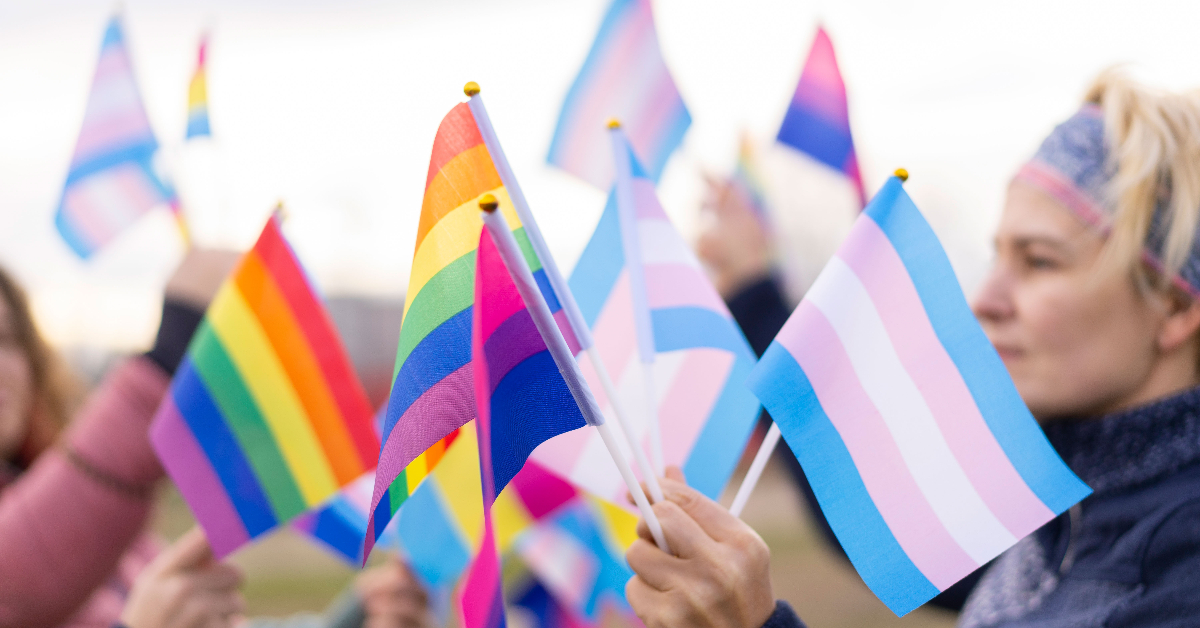A new report has revealed that LGBT+ people across the country are continuing to face health inequalities across every measure of wellbeing.
The Health Needs Assessment, commissioned by NHS Greater Glasgow and Clyde (NHSGGC), NHS Lothian and Public Health Scotland, found that over the past two years, the pandemic has exacerbated issues.
There are significant numbers experiencing loneliness and isolation, while almost a half of LGBT+ people in the survey said they had experienced discrimination in the previous year.
The assessment also revealed significantly high levels of mental ill-health, with more than half of all respondents reporting issues such as depression, anxiety and stress.
With both issues, the highest rates were experienced by trans and non-binary individuals.
Of those who answered the question in the survey, nearly one in three said that they had ever made an attempt to end their life.
Nicky Coia, health improvement manager at NHSGGC said that the report “should serve as a wake up call”.
“Too many continue to suffer from discrimination and abuse, are experiencing social isolation and loneliness and suffering the impacts of poor mental health,” he said.
“This, combined with the poor socio-economic situations many find themselves in, contributes to substantial health inequalities on every measure of wellbeing.
“While there are positives to be taken in terms of how LGBT+ experience healthcare, particularly from the GPs, there is still work to be done to improve access to, and experience of, person-centred healthcare, that treats the individual, no matter their gender identity or sexual orientation.”
The report’s authors made a total of 41 recommendations, including an immediate request that all Scottish local authorities should provide or fund at least some, community-led groups or activities for LGBT+ people, with provision for cultural, sport and physical activity and social interest groups, as well as targeting specific identity groups.
Speaking specifically on how Covid-19 has impacted the LGBTQ+ community, Mark Kelvin, chief executive of LGBT Health and Wellbeing, pointed out the dependency on LGBT nightlife for socialisation.
He said: “Whilst the closure of pubs and clubs can be seen by many as an inconvenience, for LGBTQ+ people queer-friendly spaces provide an important place of safety and belonging.
“This meant that during the months of closures, people were shut-off from contact with others like them. I’m hopeful that this report can restart conversations with local authorities and other interested parties to open LGBTQ+ community centres, where people of all ages can access a place of safety, information, support, and importantly connection.”
Mhairi Crawford, from LGBT Youth Scotland, said: “We welcome the recommendations for healthcare providers and other public bodies to undergo training, which is a key part of our LGBT Charter, in which we also support organisations to undertake reviews of policies and practice to ensure that they are as welcoming as possible for the LGBTI community, whether they are staff, clients, pupils or wider stakeholders.
“We know that alcohol-free spaces are highly valued by young people we work with in our youth spaces – so we welcome the recommendation for more LGBT spaces that don’t have alcohol.”
Professor Nicola Steedman, deputy chief medical officer at the Scottish Government, said: “The assessment lays bare the fact that too many LGBT+ people are subject to significant inequalities which impact every aspect of their lives.
“The Scottish Government is committed to reducing inequality – in all its forms – and we welcome the report. We will continue to work with, and across our partners, to improve the health and wellbeing of our LGBT+ communities.”
Follow STV News on WhatsApp
Scan the QR code on your mobile device for all the latest news from around the country


 iStock
iStock
























